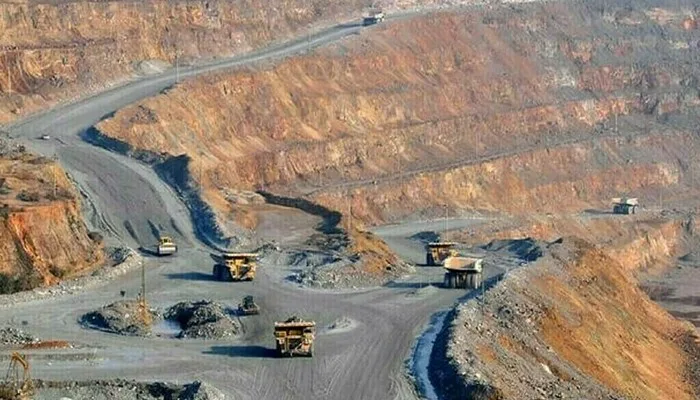Great Barrier Reef Faces Severe Threat from Record Ocean Heat
Recent studies revealed the highest ocean temperatures in the Coral Sea in over 400 years.

Australia’s Great Barrier Reef is experiencing unprecedented danger from extreme ocean heat, with recent studies revealing the highest ocean temperatures in the Coral Sea in over 400 years. The situation is critical as the reef endures repeated bouts of severe heat, which could have devastating effects on its survival.
Record-Breaking Ocean Temperatures
Scientists have reported alarming findings in the journal Nature on August 8. By examining coral skeletons and analyzing their chemical composition, researchers have been able to reconstruct sea surface temperatures in the Coral Sea from as far back as 1618 to the present day. Their analysis shows that before 1900, ocean temperatures in the region were relatively stable. However, since 1960, temperatures have been rising steadily, primarily due to greenhouse gas emissions from human activities.
The research reveals that five of the six hottest years on record occurred within the last decade—2016, 2017, 2020, 2022, and 2024. During these years, sea temperatures were up to 1 degree Celsius higher than the historical average. These extreme temperatures have triggered mass coral bleaching events during the warmest months from January to March each year. Mass bleaching occurs when corals, stressed by high temperatures or pollution, expel the symbiotic algae living in their tissues. This process leaves the corals white and weakened, which can lead to their death if the stress persists.
Impact on the Great Barrier Reef
The Great Barrier Reef, a UNESCO World Heritage Site since 1981, is particularly vulnerable to these changes. Climate scientist Benjamin Henley from the University of Melbourne highlighted the gravity of the situation in an August 6 news conference. The reef is not only iconic but also crucial for marine biodiversity and the local economy. The consecutive bleaching events are a significant threat to the reef’s health and survival.
UNESCO had previously considered placing the Great Barrier Reef on its World Heritage in Danger list due to rising ocean temperatures and pollution. In 2023, the organization decided against this move partly because of Australia’s commitment to enhancing protective measures. However, the recent findings could prompt a reevaluation of this decision. “The sense that we could lose [it] in our lifetimes … I hope that spurs action,” Henley said.
The Bigger Picture
Global warming poses a significant threat to coral reefs worldwide, with up to 90 percent of global reefs at risk. Helen McGregor, a paleoclimatologist at the University of Wollongong, emphasized that the situation with the Great Barrier Reef is a critical indicator of broader environmental issues. “The more [emissions] we cut now, the better off not just the Great Barrier Reef will be, but society is going to be. It’s the coral in the coal mine,” McGregor said.
The findings underscore the urgent need for immediate action to address climate change and reduce greenhouse gas emissions. Coral reefs are not only vital for marine ecosystems but also provide essential services such as coastal protection and support for fishing industries.
Call to Action
As the Great Barrier Reef faces these unprecedented challenges, it becomes increasingly clear that decisive action is needed to mitigate further damage. Reducing global carbon emissions, enhancing conservation efforts, and implementing effective management strategies are critical steps in preserving this natural wonder.
The situation with the Great Barrier Reef serves as a stark reminder of the broader impacts of climate change. The health of coral reefs is intricately linked to the health of our planet, and protecting them is crucial for maintaining biodiversity and ecological balance. The international community must work together to address the climate crisis and safeguard our natural heritage for future generations.















